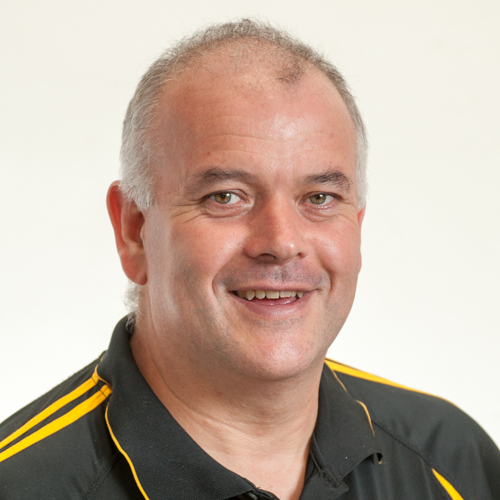Using magnet excitation to supply current
Our research into using magnetic excitation to supply current to high temperature superconductors means that we can develop smaller, cheaper-to-run machines.
Traditionally, current is supplied to a superconductor through copper leads. Having to run them through the casing, however, causes inefficiencies, as the cooling system has to work harder to maintain the critical temperature due to the heat generated by the resistive losses from the copper.
The science
We have developed unparalleled capability and IP in using flux pumps and superconducting dynamos as an alternative way of powering superconductors. The advantage in doing so is that there is no resistance or loss, and the magnet can therefore be run with a much smaller power supply.
A series of experimental prototypes have been demonstrated and explored, and a number of designs have achieved greater than 1800 amps.
We can deliver enormous electrical current from machines no bigger than a fist.
Professor Rod Badcock
Impact and potential
This world-first application of magnetic excitation to supply current to a high-temperature superconductor, has huge potential. Because it uses direct current, this new technique plays to the absence of resistance in the superconductor and means smaller superconducting machines can be developed that require less power and cost to run.
An additional benefit is that a reduction of up to 90 percent in the cryogenic system load can be achieved.
This is a world-class applied research and development environment, with deep technical expertise and an abundance of commercial acumen. The Institute works with global partners including aircraft manufacturers, most of whom agree that superconducting motors are the only way to build an electric airliner.
The developments at our Institute will drastically reduce emissions from commercial aviation while catering to the growing demand for passenger air miles.
Professor Rod Badcock


